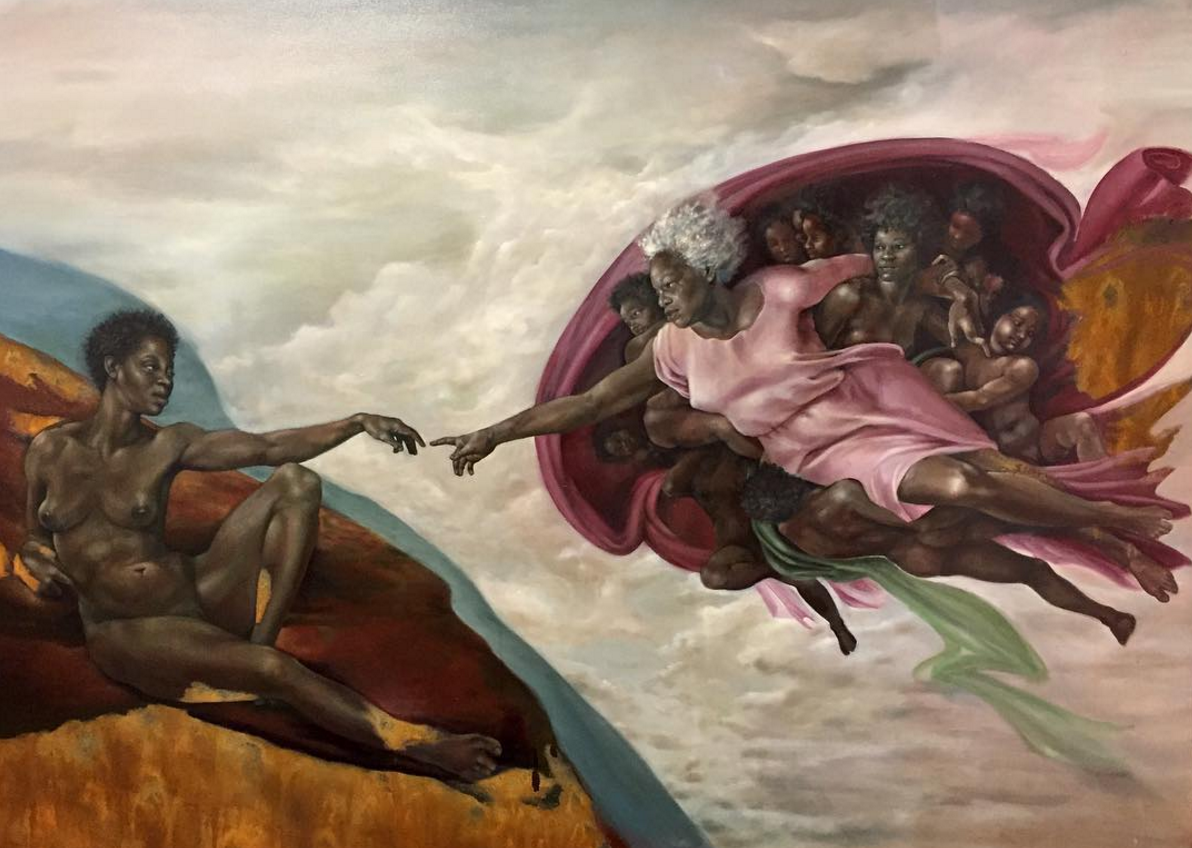Already started working on “Inferno” (working title for the next part of the MvWC), a tale of melancholy, personal identity and the oppressive dimension of hell. In that spirit, a few thoughts on language in relation to identity and mental anguish:
Language is probably the greatest gift bestowed on the human animal, since Genesis where humankind is given the task of naming the other animals, a creative act, in the likeness of God. Chomsky suggests language exists first and foremost not as a system of communication but rather for the sake of thought. If so, our very perception of reality is colored completely by language. Thinking is in my opinion as much about perceiving as it is about interpreting what we perceive. This interpretive aspect is the creative function of language, and this is where our conflict begins.
Language allows our kind to express nature’s angst and pain. It’s our liberation plus our imprisonment. The world of language can be sublime or oppressive and painful. A traumatic experience translated through language will follow you like a shadow, and when you try and let go you only manage to shove it deeper into the subconscious, where it continues to ruminate and manufacture infernal phantoms that haunt your dreams. In this way it becomes ingrained in every conscious experience and therefore, it’s always with you.
Language constructs the reality in which your mind exists. This isn’t a matter of physical limitation. It isn’t “reality in itself”, an eternal reality of “becoming” (as opposed to “being”) ultimately incomplete, and inconceivable in it’s entirety. As soon as the “reality in itself” is named, it becomes a concept, and therefore an abstraction from the fluid reality of ontological incompleteness. Something like “nature” for instance can only be an abstraction, and usually the starting point from which we derive our perceptions about “reality. The “word” is a building block in our construction of consciousness and identity and therefore “reality” as perceived by humans can never escape it. It begs the question, “How do we challenge our notion of the real without losing our entire reality?”
It’s not the Word itself which changes, but rather our understanding of the Word (its source) as it continues to come into being. Likewise the “linguistic reality” of the symbolic order is not an absolute reality despite the way it sometimes appears, and the only way to clearly establish this is through detachment. The “Self” as in the case of reality, is essentially unfinished. Distance to examine, and rebuild is what we really need, whether it be achieved through contemplation/meditation or marijuana. This distance essentially allows a “practitioner” to embark on the hero’s journey. Essentially for one to become a Self, one must be split as Douglas Lane explains (11:43-12:22):
Lifted from the language attached to identity there’s a kind of freedom. You can function as a consciousness without being identified with “yourself”. This is not strictly a proclamation of “the self illusion” as diagnosed in Buddhism. Sure the “self” is a construct, but this makes it no less real. We need to allow some space to create. In the Bible (the Book of Genesis) God creates with the Word alone. Humankind is gifted with the word, and as a necessity of our existence within its symbolic matrix of meaning, the Word alone becomes our only hope for salvation.


